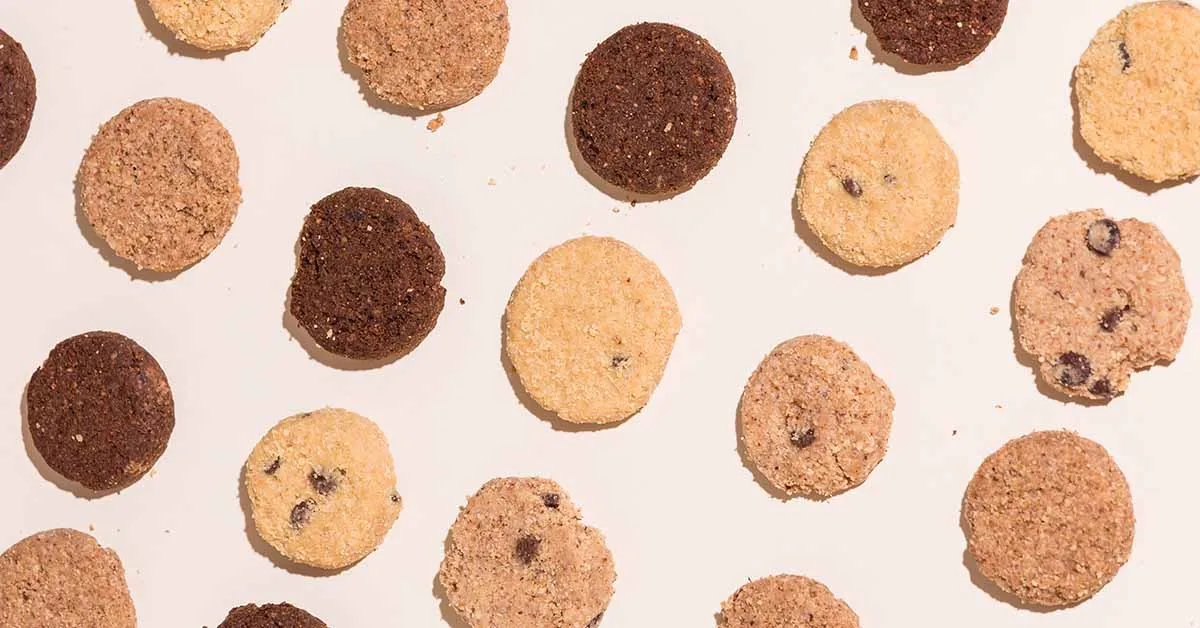What are cookies? 🍪
Cookies are small text files associated with a website that are stored on your computer. Cookies are used for the browser to remember your data or preferences on a specific site.
New legislations like LGPD or GDPR have forced websites to request explicit permission for the types of cookies you authorize to be used with your browser and what types of data will be processed with these cookies. Lately, it has become very common for almost all websites to require cookie authorization. This is happening due to stricter legislation regarding user data privacy.
Why are cookies used?
Websites use cookies to optimize your internet experience. Without cookies, you would need to log in each time you leave a site. Without them, your browser wouldn’t remember which items you left in a virtual store’s shopping cart if you accidentally closed it, for example.
To summarize the intentions of cookies, let’s list them:
Tracking: Shopping sites use cookies to keep items in the cart and track items users have viewed in the past, allowing the system to suggest item recommendations in the future. Sites also use cookies to monitor performance data, such as how many times you visited a page or how long you spent on a page.
Session Management: Cookies allow sites to recognize users, remember their login, and preferences, such as preferring political news over weather news.
Personalization: Personalized ads are the main way cookies are used. You may have visited a page or item on a site, and cookies are used to build targeted ads that you might be interested in. Personalization cookies can also provide improvements in experience, such as remembering that the chosen language is Spanish instead of English.
Are there different types of cookies?
Basically, there are two types of cookies: session and persistent.
Session cookies are used only while browsing a site. They are stored in random locations in memory and are never written to the user’s disk. When the session ends, session cookies are automatically deleted. They also aid the “back” functionality of your browser.
Persistent cookies remain on a computer indefinitely, although many include an expiration date and are automatically removed when that date is reached. Persistent cookies are primarily used for two purposes:
Authentication: These cookies track whether a user is logged in and under which name. They also facilitate login information so that users do not need to remember passwords.
Tracking: These cookies track multiple visits to the same site over time. Some virtual vendors, for example, use cookies to track visits from specific users, including pages and products viewed. The information can then be used to direct users to other products that may interest them. Gradually, a profile is built based on the browsing history of that site.
Next, we delve into another aspect of cookies. They can be first-party, that is, actually owned by the site you are visiting. And they can also be third-party. In other words, we have another category in which we can separate cookies, first-party cookies and third-party cookies, where the subjects are other parties or entities.
First-party cookies are created directly by the site you are visiting. These are generally safer, as long as you are browsing reputable sites or sites that have not been compromised by data leaks or recent attacks.
Third-party cookies can cause more problems. They are generated by sites different from the one the user is visiting, usually because they are linked to ads on that specific page. Third-party cookies allow advertisers or analytics companies to track a user’s visit history across multiple websites where they have ads.
However, as mentioned earlier, due to new legislation in many countries, allowing third-party cookies to access your browser has become optional. Nowadays, most third-party cookies have no direct impact on the browsing experience.
I hope this article has provided some useful information about cookies on the internet. I hope you also read my other articles! Until next time
